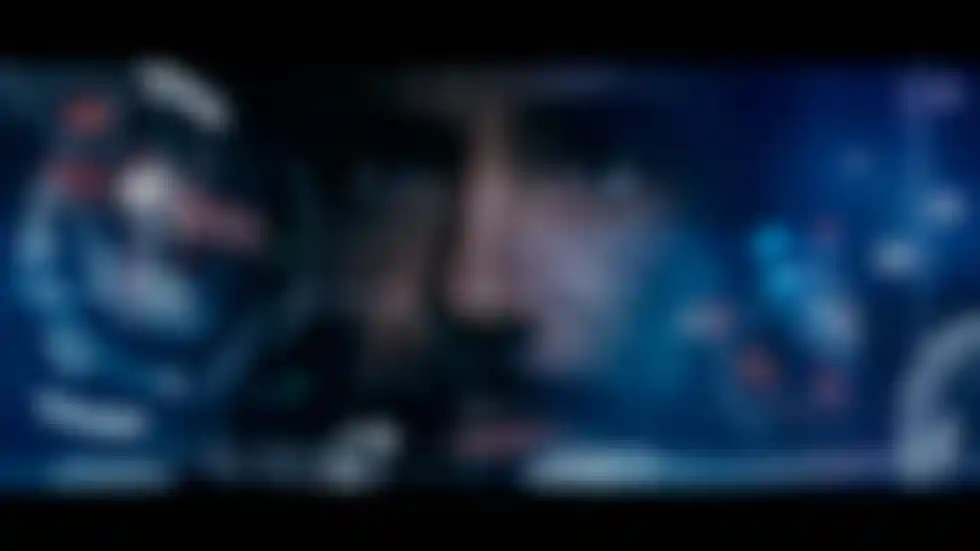
The Making of Iron Man 2 Perception and Pixel Liberation Front combine Cinema 4D and After Effects to create Tony Stark's world.
An great number of people contributed to the VFX extravaganza director Jon Favreau serves up in Iron Man 2. For this story, we talked with two visual effects houses that worked on the film: New York City-based Perception and Venice, California-based Pixel Liberation Front (PLF). Both explained how they used Maxon's Cinema 4D and Adobe's After Effects to create some of the techy gadgets and other visual effects that made Tony Stark's (Robert Downey Jr.) visual world feel futuristic, yet believably realistic at the same time.
Perception's involvement with Iron Man 2 began during principal photography when Marvel Studios asked them to deliver a fully animated video sequence. Projected on a 70-foot screen, the video plays in the background as Tony Stark gives the keynote address at the Stark Expo, which the genius billionaire hosts to celebrate Iron Man's triumph over evil in the world. To create the transitions between different parts of the video, artists built a metal sheet in Cinema 4D and animated the squares to rotate in different ways.
The video made clear Perception's intrinsic understanding of Stark's world and Marvel quickly asked them to take on a bigger role in the film. "It was a dream project," says Danny Gonzalez, Perception's founder and creative director along with Jeremy Lasky.
Perception's creative team delivered more than 125 shots in four months, ranging from vintage logo animations and mock broadcast packages to futuristic designs and interfaces for Stark's smart phone, glass coffee table, bedroom mirror and TV screens.
Stark's phone is a blend of 2D elements created in After Effects and 3D animation created in Cinema 4D. "The actual navigational device Robert Downey Jr. spins with his thumb all the time was created in Cinema 4D because we felt it should appear complex but also have flexibility in the way it animates and moves around," says John LePore, Perception's associate creative director. See some of Perception's FX work here:
About 80 percent of the work Perception does relies on an integrated workflow between Cinema 4D and After Effects, LePore says, adding that Iron Man 2 is no exception. While After Effects was used to create the 2D Google-based interface on Stark's glass coffee table, the main video sequence for the Stark Expo consists of many 3D elements created in Cinema 4D. "All the glass tiles you see laid over the Stark Industries logo were created with the MoGraph Cloner object and we used an Effector to make the tiles rotate and flip over in a choreographed manner," LePore says.
Designing and animating the HUDs
Creating believable and attention-grabbing views from inside the masks of Iron Man and other characters was Pixel Liberation Front's job. Stephen Lawes, creative director at Pixel Liberation Front, supervised a team of artists who created close to 100 head-up displays (HUDs) over several months, as well as about 30 monitor displays that are seen in the film.
Lawes, who worked on the movies Avatar and Terminator: Salvation prior to heading up PLF's artistic team for Iron Man 2, says he wanted to push the film's visual effects "as far as we could go design-wise, creatively and technically". The real challenge was coming up with HUD and monitor designs that looked futuristic but didn't go beyond the bounds of what could be believed.
HUD animations were made in After Effects and the HUD data was projected onto a sphere in Cinema 4D to get the curvature. That animation was then overlain onto the actor's face in After Effects so the face and the display could be visible at the same time. Artists who worked on the HUDs often used models gathered from Industrial Light and Magic that were rendered out in Cinema 4D using shaders and Sketch and Toon.











